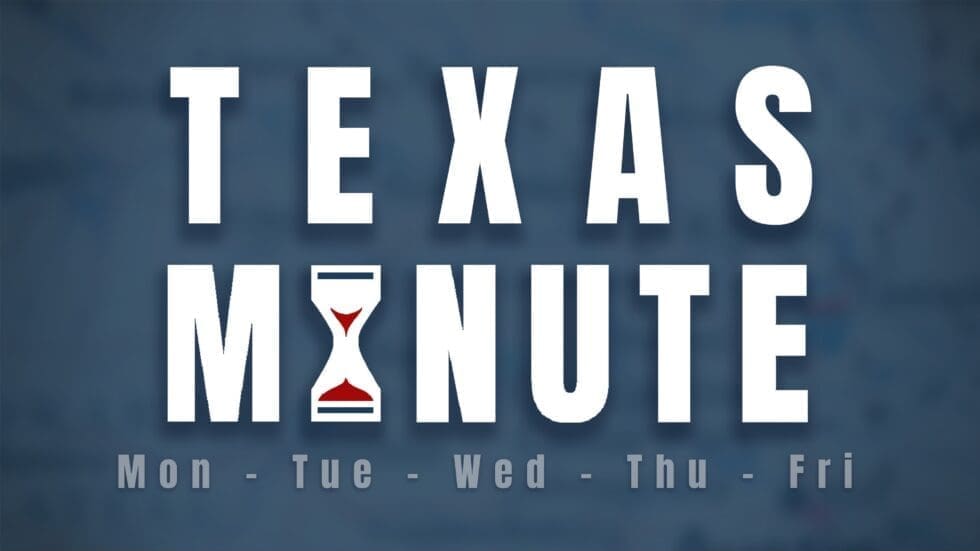Does the Austin City Council have something to hide from the public?
Austin’s mayor and city council members were recently given the opportunity to provide transparency to the public on city spending, save taxpayer dollars, and improve the city’s efficiency all in one decision.
They rejected the idea.
For months, Austin City Council and Mayor Steve Adler have been fighting against efforts to conduct an “efficiency audit” of the city, a third-party review of all their spending and operations. The study would be objective, comprehensive, and provide recommendations to the council on areas they could improve functionality.
The plan originally began as a citizen petition, after a group of Austinites were concerned about the city’s lack of transparency with taxpayer money. “Citizens for an Accountable Austin” garnered over 32,000 local signatures in support of the audit initiative.
Yet when the petition reached city council on August 9, it met stiff resistance. Austin Mayor Steve Adler repeatedly blocked attempts to bring the plan up for a vote. The one council member supporting it, Ellen Troxclair, could not get a single other colleague to help call a vote.
Instead of approving the audit immediately, the council chose to put the decision on the November ballot. The audit will appear as “Proposition K” on taxpayers’ ballot.
The decision is now in the hands of voters, but council members have been publicly opposing this effort to bring increased transparency and efficiency to the city.
Last week, Council Member Ann Kitchen expressed her views on the audit in a candidate forum.
“I’m opposed to proposition K and I will tell you why,” she said. “Proposition K, as written, requires the city to do a comprehensive audit not of our rules and regulations, but of how we spend dollars, [and] that will cost us millions… we can spend our dollars better.”
Based on other cities and states who have conducted comprehensive reviews, hiring an outside auditing firm could cost $1-5 million. Yet also based on the results of other governments’ audits, Austin could reap potential savings of $160 million or more. Kitchen did not mention the potential savings, improved city functionality, or better transparency to the public, but rather said the comprehensive audit would “handcuff” the city.
The other thing is, that kind of review in other places has come up with things that are not aligned with the values of the particular community,” Kitchen continued. “For example, an efficiency audit that just comes back and tell us we can save dollars by outsourcing our staffing, or by cutting the minimum wage, or by cutting benefits—of course we could save dollars by doing that, but that’s not aligned with our values.”
In reality, the comprehensive review would not focus on cutting the minimum wage but rather on reforming processes and management, something the Austin city government is notorious for lacking—take the $140 million they overspent on a flawed tunnel, or the “matched savings” program that literally gave away taxpayer money to citizens with no oversight.
Ironically, after saying an efficiency audit was a bad use of money and could be against Austin’s values, Kitchen proceeded to talk about their strategic plan, the list of priorities for how the city should spend taxpayer money.
One of those priorities is “Government that works for all,” and, according to the city’s website, includes goals of “managing long-term costs [and] increasing efficiency,” and government that “works effectively.” Transparency and ethical practices were also listed under the priority.
Ultimately, the most important question still remains: Why would the mayor and council members oppose an opportunity to improve their own city’s performance, save taxpayer dollars, and be transparent with the public?
Austinites who want the city to undergo the outside audit should vote “for” Proposition K on November 6.





